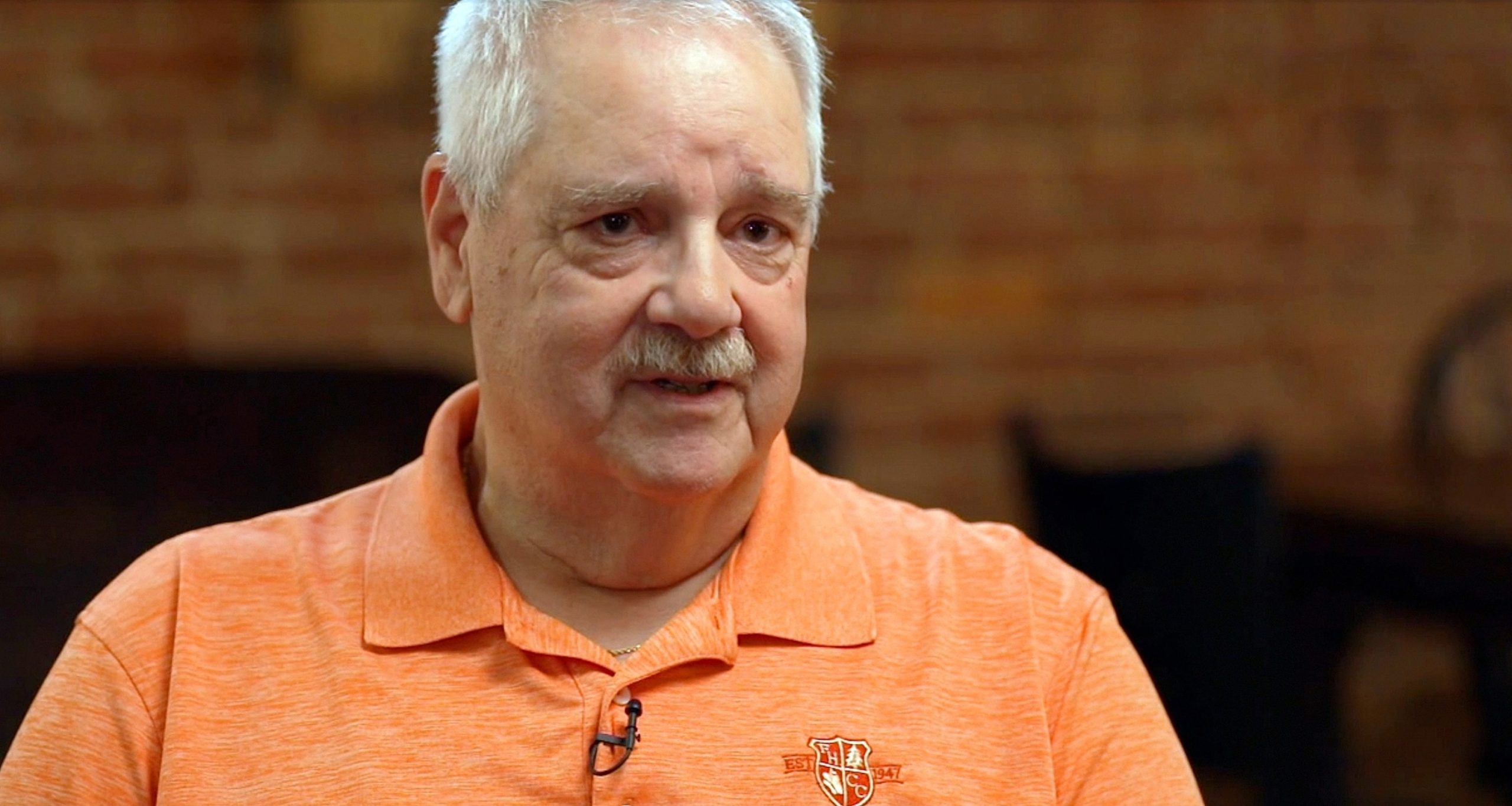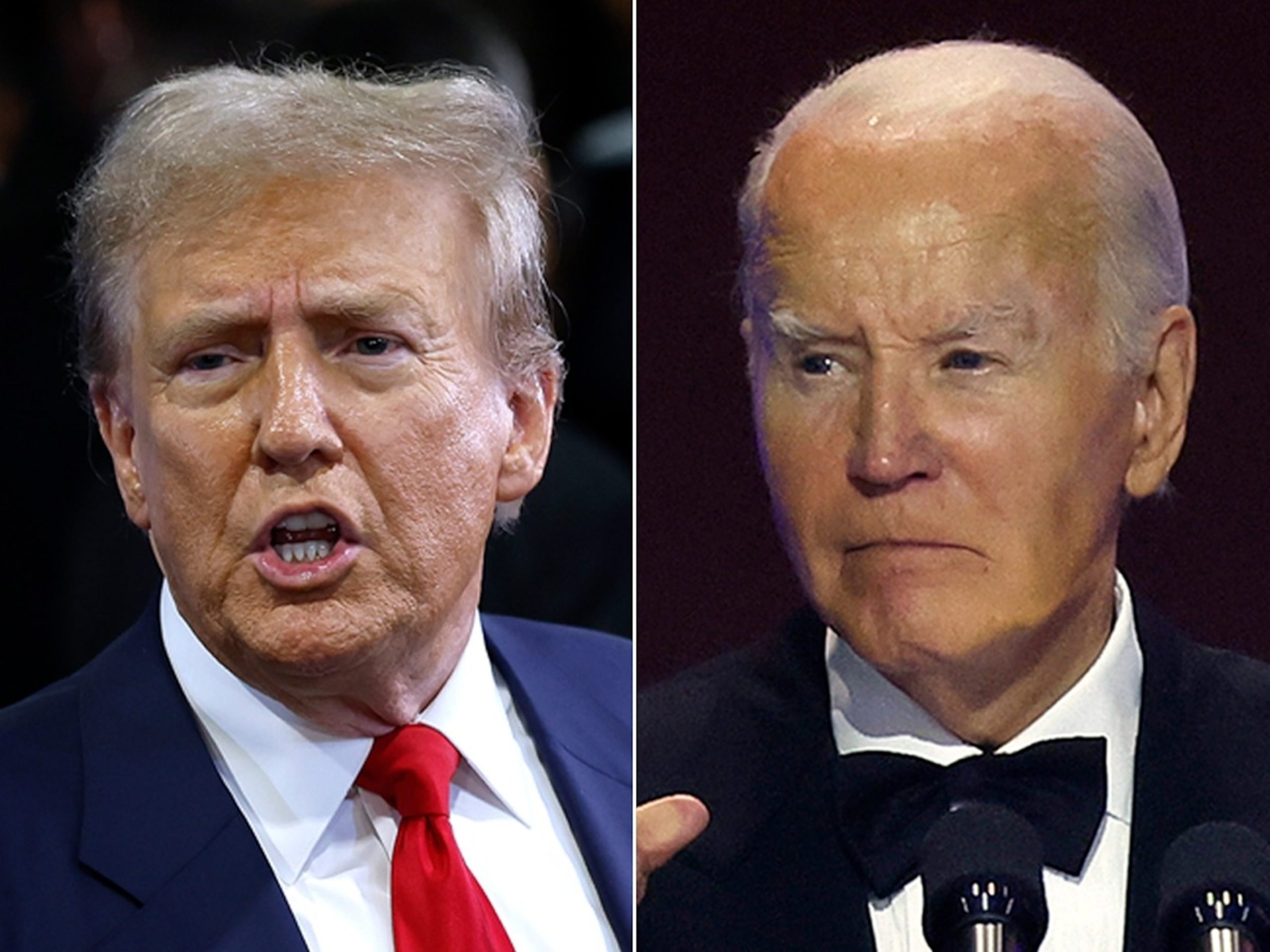Len Fatica is a member of a political species that’s practically extinct in deep red Statesboro, Georgia — a rural Democrat.
ABC News traveled to the biggest city in Georgia’s southeastern Bulloch County, with a population of around 34,000. It boasts four different Main Streets (one for each point of the compass) and a persistent gnat problem.
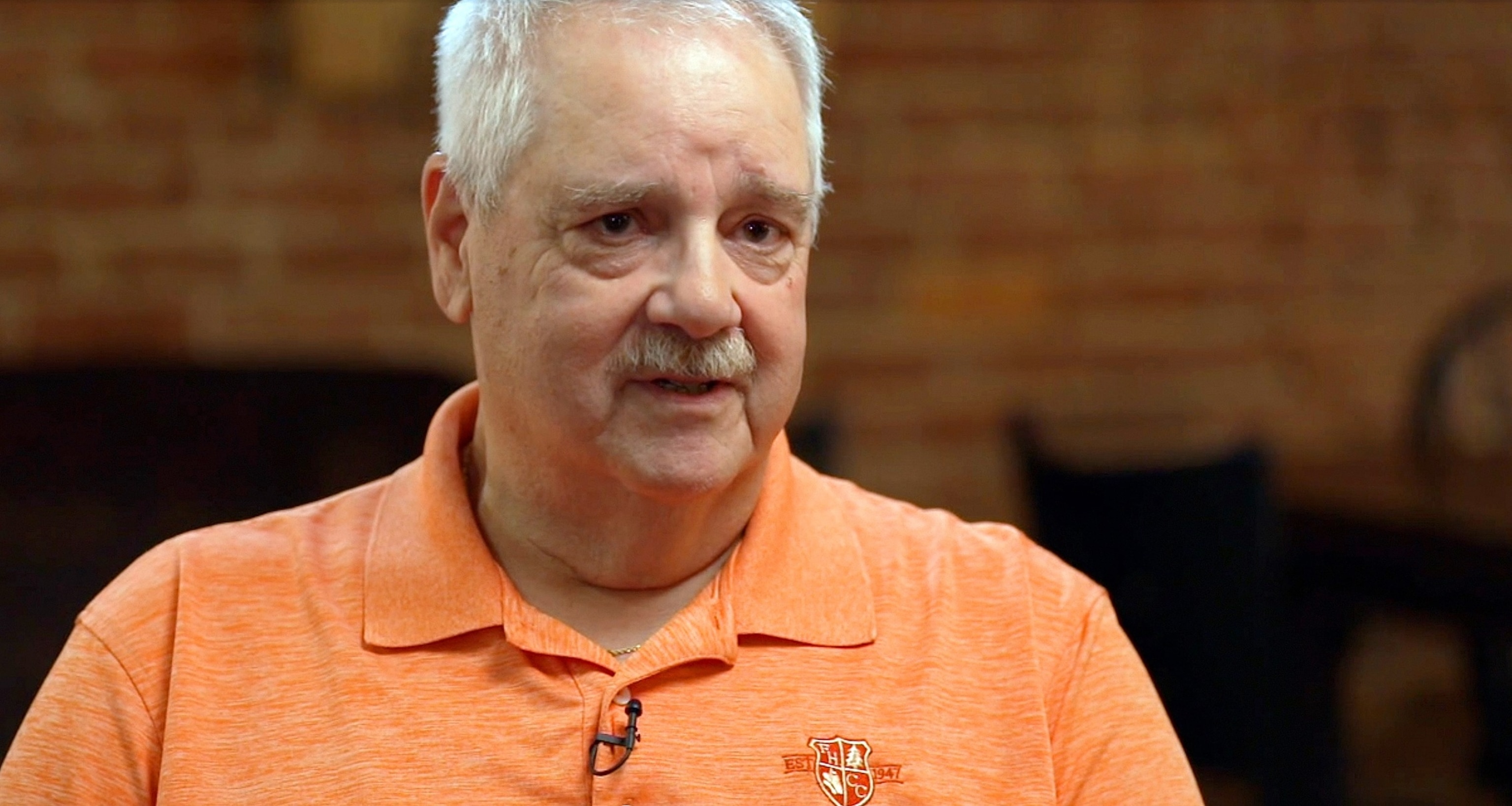
Len Fatica leading an initiative to attract rural voters to Georgia’s Democratic Party.
ABC News
“People are, for the most part, very friendly,” Fatica, the Georgia Democratic Party’s rural council chair, told ABC News. “They will sit down and have a conversation with you even if they disagree with you.”
Plenty of people disagree with Fatica, who’s running for county commission and leading an initiative to attract rural voters to the state Democratic Party. They meet each week at a local coffee shop to talk strategy, and he acknowledged how difficult it is for Democrats to make inroads in rural areas.
“If you look at Bulloch County down here, we’re probably close to 70% that is Republican,” he said. “This is a deep Republican area.”
Fatica accepted the persistent criticism that Democrats left rural voters behind long ago in favor of urban populations, but he believes locals might be gradually drawn back — a possibility suggested when Joe Biden narrowly won the swing state in the 2020 presidential election.
“At one time, it was a Democratic county,” he said. “Talking to Republicans, they feel within 10 years, with the manufacturing jobs that are being moved in, this could become a Democratic county again.”
Fatica highlighted the importance of Democrats taking on Trump’s rhetoric, even when talking to deep red voters.
“We’ve got to punch back, and we’ve got to punch back on the falsehoods that are told,” he said.
Vice President Kamala Harris’ choice of running mate might also move the needle, according to Fatica. Minnesota Gov. Tim Walz, who formally accepted the nomination at the Democratic National Convention on Wednesday, regularly highlights his rural roots in speeches and rallies.
“Growing up I spent the summers working on the family farm,” Walz said on Aug. 6. “My mom and dad taught us — show generosity toward your neighbors and work for the common good.”
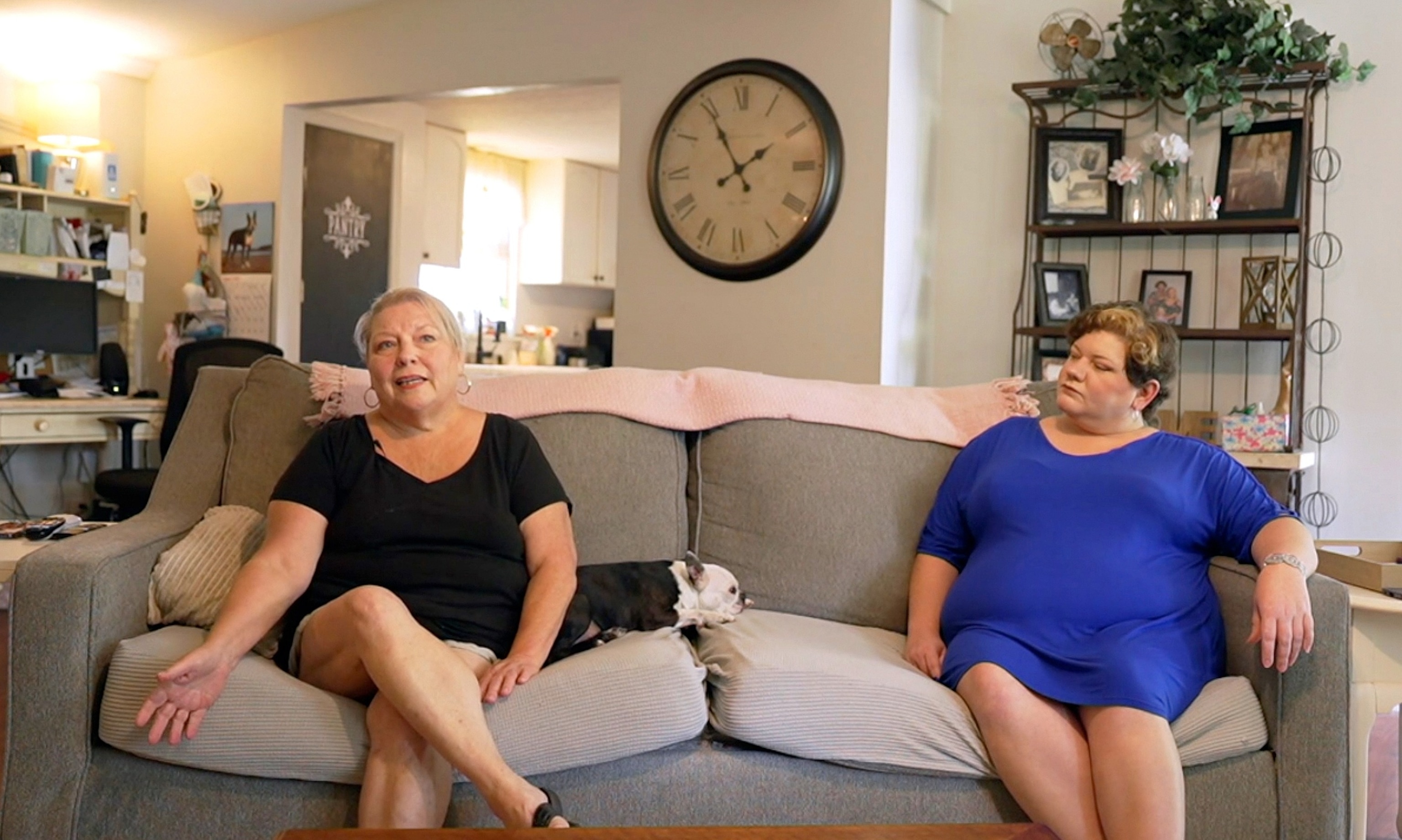
Robin Hutcheson and her daughter Aliya are hopeful that the Harris-Walz ticket could be a step in bringing more rural Americans back to the Democrats.
ABC News
Lifelong Democrats Robin Hutcheson and her daughter Aliya Johnson highlighted how unusual they are, living in Republican Rep. Marjorie Taylor Greene’s northwest Georgia congressional district.
“You see a lot of trucks with Trump flags and a lot of Trump flags in the yard, and we are like little blue dots in a big red sea,” Hutcheson said.
They agreed that Walz could appeal to rural Americans.
“I feel like Tim is genuinely a person who has high morals, who is a good, upstanding person,” Johnson said. “That kind of represents the older style of respectability that I think older voters got used to and that newer voters still want to lean on and believe is the right thing, and a good thing.”
The mother and daughter agreed that Democrats haven’t been this excited since Obama’s bids for the White House.
“This is the first time that we really feel like change is possible,” Johnson said.
Political strategist Fred Hicks noted his belief that Georgia has become competitive because many of the culture wars that defined America for generations have subsided — there are multiple issues rather than a single issue driving people to vote.
“The economic issue is really what’s, I think, pushing people because you have not had the economic growth outside of these urban nodes,” Hicks said of the rural areas.
Peter Fuller is the chair of the northeastern Jackson County’s Democratic Party and knows flipping any rural part of Georgia is a tall order. Trump won 78% of the Jackson County vote in 2020.
“These are counties that have been like this for a while. They are long-term projects,” he said. “Most of these communities are agriculture based. We have issues of either not having population growth, or loss in some cases. Health care is a big one.”
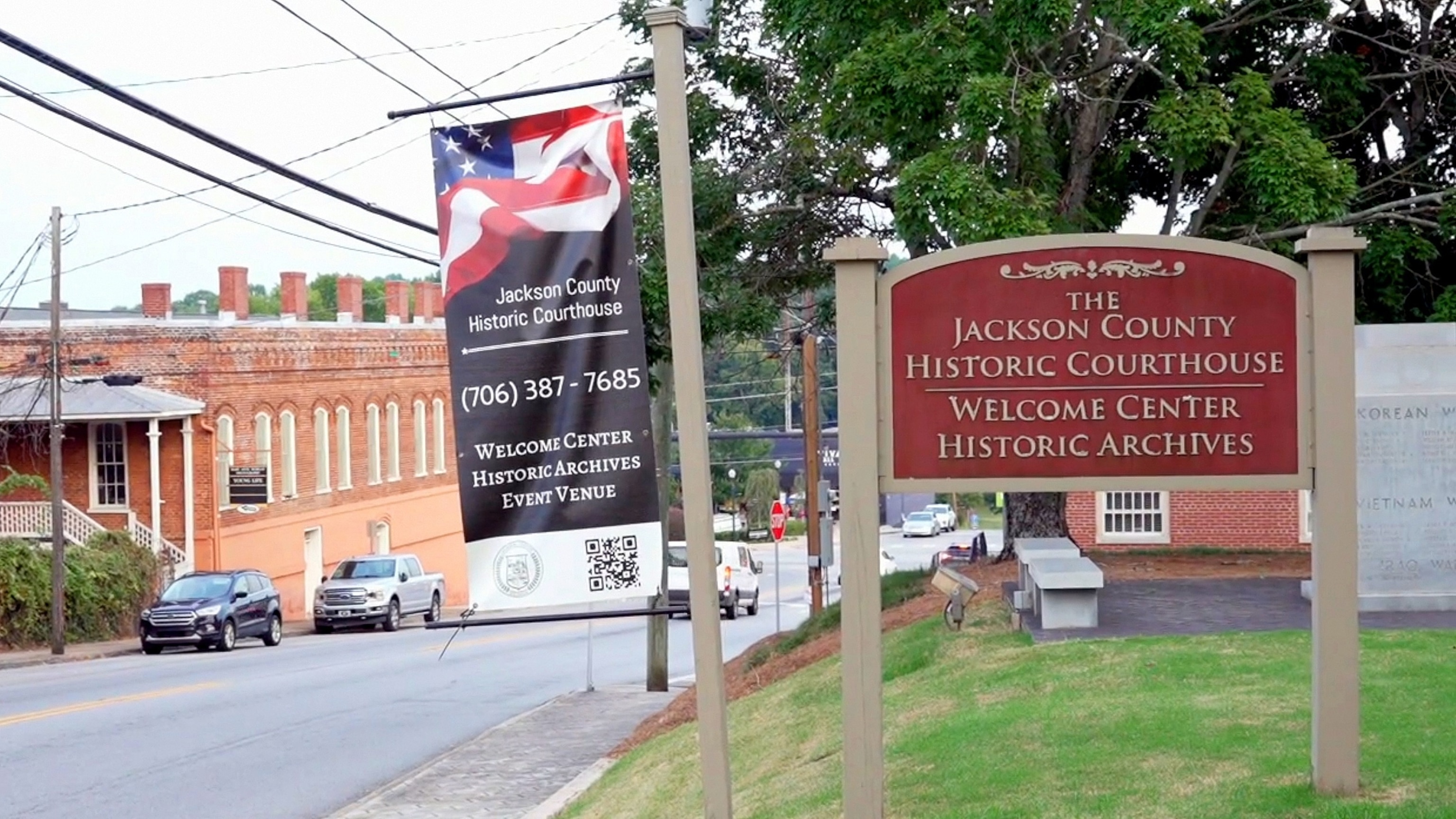
Flipping Georgia Jackson County toward the Democrats is a tall order– Donald Trump got 78% of the vote there in 2020.
ABC News
Fuller noted that translating some national policies into something relatable for Jackson County voters can be challenging.
“It’s a lot easier to do with somebody like Tim Walz,” he said.
What remains to be seen is whether the hope and excitement around the Harris-Walz ticket can translate into votes and victory for the Democratic Party in rural America.
In the world of politics, success in rural areas can often be a key factor in determining the outcome of an election. This was certainly the case for Minnesota Governor Tim Walz, whose strong showing in rural areas during his 2018 campaign helped boost Democratic chances in swing states.
Walz, a former high school teacher and National Guard veteran, ran a campaign focused on issues that resonated with rural voters, such as healthcare, education, and infrastructure. His message of unity and inclusivity appealed to voters across the political spectrum, and his willingness to listen to the concerns of rural communities helped him build a strong base of support in these areas.
One of the key factors in Walz’s success in rural areas was his emphasis on economic development and job creation. He understood the challenges facing rural communities, such as declining industries and limited access to resources, and he proposed policies aimed at revitalizing these areas. By focusing on issues that directly impacted rural voters, Walz was able to gain their trust and support.
Walz’s success in rural areas had a ripple effect on Democratic chances in swing states. His ability to connect with voters in these areas helped energize the party’s base and mobilize support for other Democratic candidates. In states like Wisconsin, Michigan, and Pennsylvania, where rural voters play a crucial role in determining the outcome of elections, Walz’s success served as a blueprint for other candidates looking to make inroads in these areas.
Furthermore, Walz’s victory in Minnesota demonstrated that Democrats could win in traditionally Republican-leaning states by appealing to rural voters. His ability to bridge the urban-rural divide and build a coalition of support across different demographics showcased the potential for Democrats to expand their reach and compete in areas that were once considered out of reach.
Overall, Tim Walz’s success in rural areas not only boosted Democratic chances in swing states but also highlighted the importance of connecting with voters on a personal level and addressing their concerns. By focusing on issues that matter to rural communities and building relationships with voters in these areas, Walz was able to defy expectations and pave the way for future Democratic victories in key battleground states.
